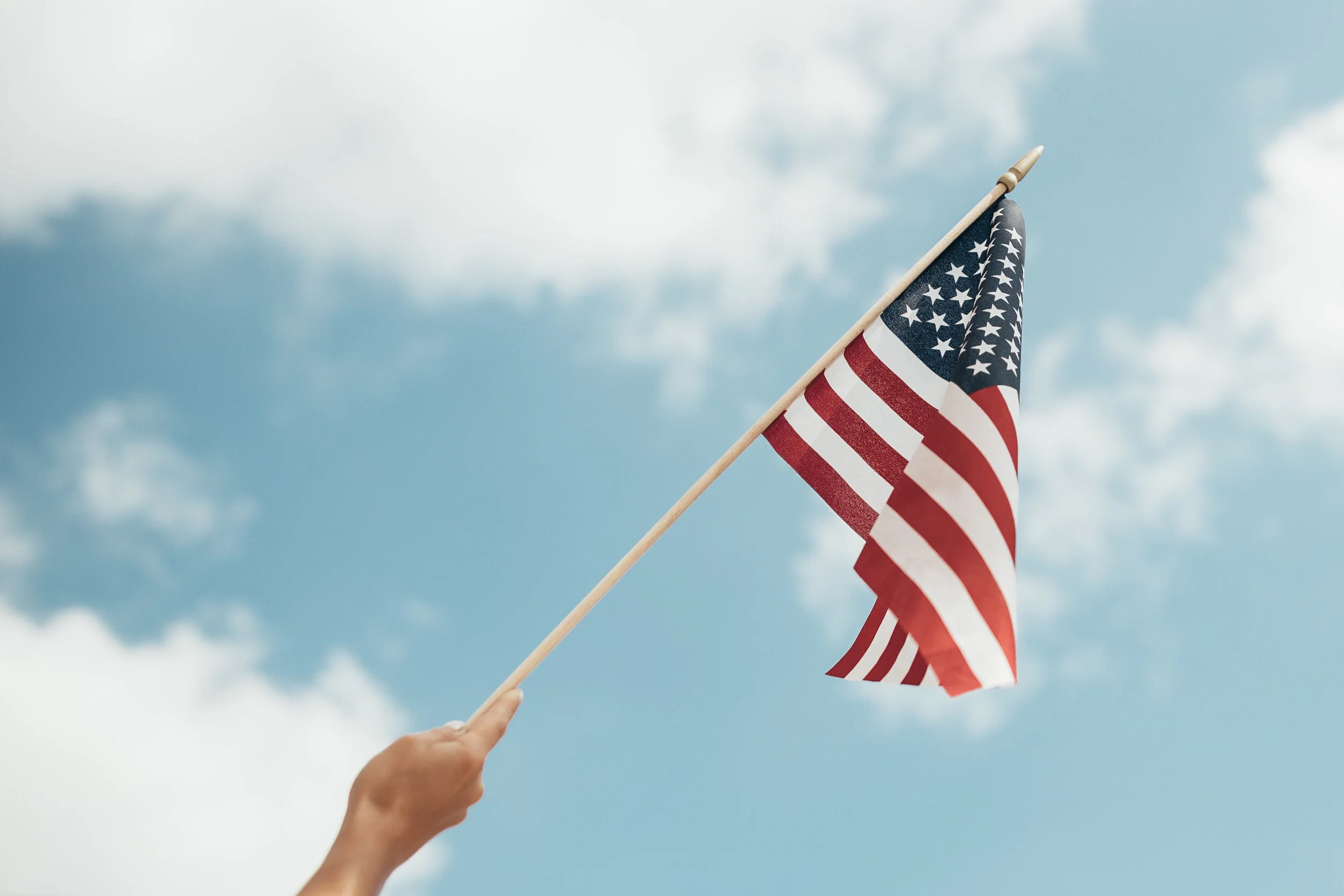Libertarians for National Popular Vote
We are Libertarians for National Popular Vote. In each presidential election, millions of libertarian votes go either unheard as third-party ballots or unappreciated by the major party candidates that receive them. The 4.5 million votes cast for Gary Johnson in the 2016 election represent a population greater than any of the 25 least-populated states. (1) The many libertarians who felt they had no other choice but to vote for an establishment candidate, or not vote at all, make that population even larger. But, with the current state-based winner-take-all method, this population of libertarians spread across the country has none of the electoral power afforded to states. A citizen’s individualized right to electoral power should not be endowed to political forces larger than themselves.
The current state-based winner-take-all method was not prescribed in the Constitution, nor was it mentioned in the Federalist Papers. In fact, only three states used this method in our Nation’s first presidential election in 1789, and all three changed their method by 1800. (2) This method was not in the visions of our Founding Fathers. Instead, it took 79 years from the first presidential election for it to be adopted nationwide. (3) Article II, Section 1 of the Constitution bestows States the right to decide how to award their electoral votes. Do not allow convention to take precedence over the Constitution. Seize back the power of your vote.
The National Popular Vote Interstate Compact is the simple, elegant and constitutionally sound solution to the state-based winner-take-all problem. The National Popular Vote will guarantee that every vote in every state will be politically relevant in every presidential campaign. It will restore the founding principle of liberty in electoral discourse and pave the way for libertarian influence in the Electoral
College. REFERENCES
The Libertarian Case
The National Popular Vote represents the ultimate devolution of power from central authorities. It expands the electoral power of each individual citizen by removing the inherent structural powers of the current system. It would mean that every citizen is at liberty to assign the influence of their vote to whichever candidate they see fit, rather than at the whim of the majority within their state. CONTINUE READING
Q & A
As is the case with any election reform or any change to the election system, people have questions about how NPV fits into the current legal framework for elections, about the mechanics of NPV for both voters and election administrators, and about the political implications of NPV. How could such a significant change to the American election system mesh with the law and with the country’s voting traditions?
CONTINUE READING
How National Popular
Vote Works
The Electoral College awards the presidency to any candidate who has been awarded 270 of 538 available electoral votes. Since just the 19th Century, states have chosen to award all of their electoral votes to the candidate who wins in their own statewide popular vote. However, this method of awarding electoral votes is not required of the states by the Constitution and did not become a nationwide standard until 1868. CONTINUE READING




